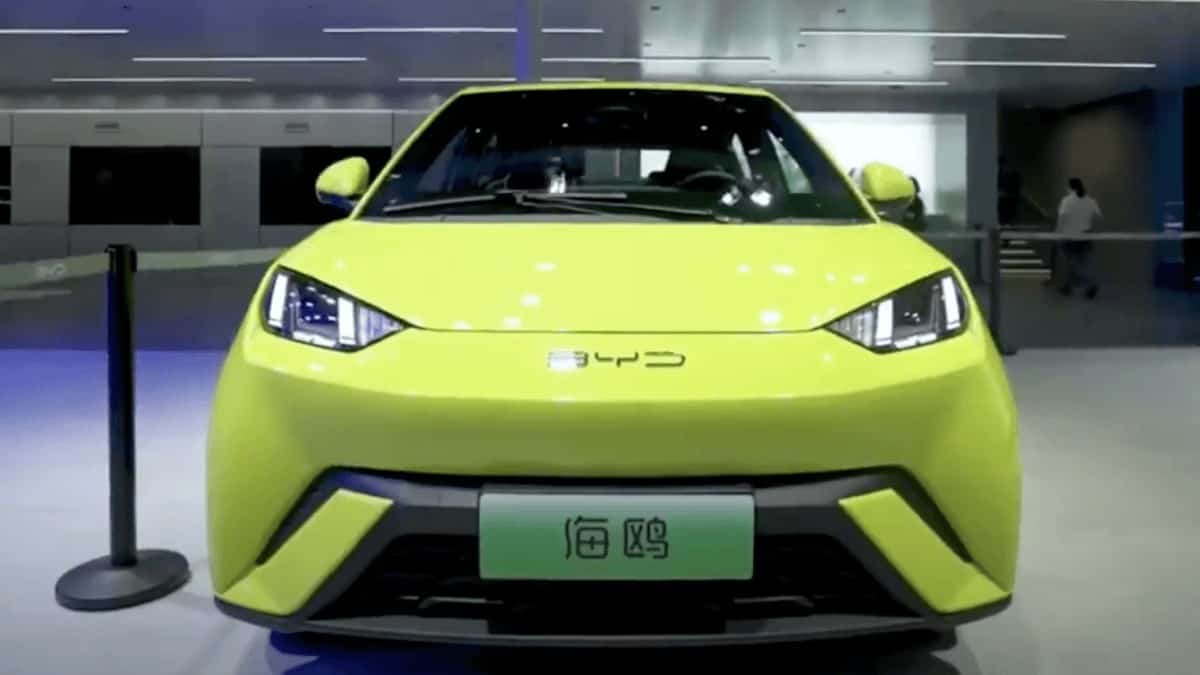Chinese electric vehicle giant BYD has just achieved a new monthly and quarterly sales record as of June 2024, owing to its aggressive price cuts and technological innovation.
June 2024 and Q2 2024 sales
According to BYD’s X post, its new energy vehicle (NEV) sales grew 35.01% year-on-year to 341,658 units in June 2024. This figure exceeded its previous record of 341,043 NEVs in December last year.
Of that total, passenger battery-electric vehicles accounted for 145,179, a 13% increase from just 128,196 units in June 2023. Meanwhile, passenger plug-in hybrids hit their fourth consecutive record since March, with 195,032 units, up 57.93% YoY and 5.94 MoM.
Exports to overseas markets grew 156.22% YoY to 26,995 in June 2024.
In Q2 2024, BYD’s NEV sales grew 40.25% YoY to a new record high – 986,720 units. Passenger BEVs accounted for 426,039 units, up 20.99% YoY and 41.96% quarter-on-quarter. Meanwhile, passenger PHEVs increased 59.94% YoY to 556,708 units and 71.67% QoQ.
Exports also increased 196.65% YoY to 105,505 units in Q2 2024.
“Liberation battle” proves effective
BYD’s “liberation battle” against gas-powered vehicles seems to be effective in boosting its sales.
Its cheapest offering, BYD Seagull, starts at only $9,700 (69,800 yuan) in China. In foreign markets, its base price is still affordable at $20,000. Low-cost variants of the popular Atto 3, Dolphin, and Seal EVs are also hitting the global market.
BYD launched its third offering in Japan last week, the Seal EV, with a base price of just ¥5.28 million (around $33,100). It is also set to hit the South Korean market by the end of 2024 to rival the Tesla Model 3.
In May, the NEV giant officially introduced its new Sea Lion 07 electric SUV. With a base price of just 189,800 yuan ($26,250), it undercuts the top-selling 249,900 yuan ($34,550) Tesla Model Y in China.
Challenges
BYD will face new import tariffs in the European market as part of the EU’s anti-subsidy probe against China-made electric vehicles.
While some expect the tariff hike to affect BYD’s sales, the company earns more on some models it sells in the EU than in China.
Therefore, it may endure the extra import duties. It would be interesting to see if BYD’s notable sales increases this year would be enough to beat the American leader, Tesla, in battery-electric vehicle sales.

